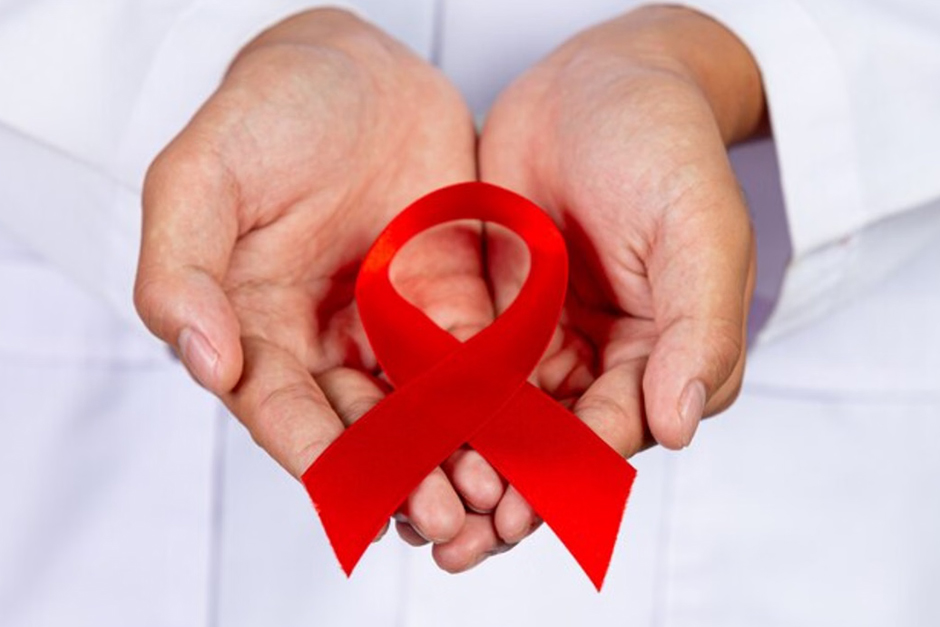Every year on November 7th, India observes National Cancer Awareness Day, a crucial initiative to shed light on a disease that continues to be a formidable public health challenge. While the day aims to educate and empower, the grim reality remains: a significant proportion of cancer cases in India are detected at advanced stages, severely impacting treatment outcomes and survival rates. This persistent delay in diagnosis is a critical concern, leading doctors across the nation to issue urgent warnings about the subtle, often ignored, “silent signs” that could be life-saving indicators.
The Alarming Reality of Late Detection in India
India is battling a rising tide of cancer, with projected increases in incidence in the coming decades. Cancers of the breast, cervix, oral cavity, lung, and gastrointestinal tract are particularly prevalent. What’s truly alarming is the data indicating that over 70% of these cases, particularly in rural and semi-urban areas, are diagnosed when the disease has already progressed to stage III or IV. This late discovery often necessitates more aggressive, complex, and expensive treatments, placing an immense burden on patients, families, and the healthcare system. The window for curative intervention narrows considerably, leading to higher mortality rates compared to countries with robust early detection programmes.
The consequences extend beyond medical outcomes. Late diagnosis translates to prolonged suffering, reduced quality of life, and significant financial strain. Many families, especially those in lower-income groups, are pushed into poverty due to the catastrophic health expenditures associated with advanced cancer care. Understanding why this late detection persists is paramount to addressing the crisis.
Barriers to Early Diagnosis: More Than Just Ignorance
The reasons behind India’s struggle with early cancer detection are multi-faceted and deeply embedded in socio-economic and cultural factors:
- Lack of Awareness: A significant portion of the population, particularly in remote areas, lacks basic knowledge about cancer symptoms and the importance of regular screening. Many mistake early signs for minor ailments, often relying on home remedies or traditional healers before seeking professional medical help.
- Socio-Cultural Stigma and Fear: There’s a prevailing fear and stigma associated with a cancer diagnosis. Many dread the social implications, the perceived inevitability of death, and the financial burden, leading to a deliberate delay in seeking medical consultation.
- Access and Affordability: Healthcare infrastructure is unevenly distributed, with specialist cancer care concentrated in urban centres. For millions, reaching a diagnostic facility means long travel, loss of daily wages, and significant out-of-pocket expenses. Even when detected, the cost of investigations and treatment can be prohibitive.
- Misinformation and Self-Medication: The prevalence of self-medication and reliance on anecdotal advice often masks early symptoms, allowing the disease to advance undetected. Persistent symptoms are frequently dismissed as stress, minor infections, or age-related issues.
- Overburdened Healthcare System: Even when individuals do seek help, an overburdened primary healthcare system might sometimes miss subtle signs or face delays in referring patients to specialists.
Doctors Warn: Don’t Ignore the “Silent Signs”
Oncologists across India emphasize that while specific symptoms vary by cancer type, there are several general warning signs that demand immediate medical attention. These are the “silent signs” that people often dismiss or attribute to less serious causes, but which could be critical indicators of early-stage cancer:
“Early detection is not just a slogan; it’s the most powerful tool we have against cancer,” says Dr. Anjali Singh, a senior oncologist at a leading Delhi hospital. “Many patients come to us when their symptoms are obvious and debilitating. We urge everyone to be proactive about their health and pay attention to their body’s subtle cues. A persistent change, even if it seems minor, warrants a visit to the doctor.”
Here are some of the signs doctors advise never to ignore:
- Unexplained Weight Loss: Losing a significant amount of weight without trying could be an early sign of various cancers.
- Persistent Fatigue: While common, extreme tiredness that doesn’t improve with rest can be a symptom.
- Unusual Lumps or Swelling: Any new lump, especially in the breast, neck, armpit, or groin, should be checked.
- Persistent Cough or Hoarseness: A cough that lingers for weeks or a persistent change in voice could indicate lung or throat cancer.
- Changes in Bowel or Bladder Habits: Persistent constipation, diarrhoea, blood in stool/urine, or difficulty urinating.
- Unusual Bleeding or Discharge: Any unexplained bleeding from the vagina, rectum, or in urine, or nipple discharge.
- Persistent Indigestion or Difficulty Swallowing: Chronic heartburn or trouble swallowing food can be signs of gastrointestinal cancers.
- Skin Changes: A new mole, a change in an existing mole (size, shape, colour, bleeding), or a sore that doesn’t heal.
The Path Forward: Awareness and Proactive Health
National Cancer Awareness Day serves as a vital reminder that combating cancer requires a multi-pronged approach. Beyond robust government policies, improved healthcare infrastructure, and affordable screening programmes, individual vigilance is paramount. Empowering ourselves with knowledge about early symptoms, overcoming the stigma associated with cancer, and adopting a proactive approach to health can dramatically alter outcomes.
Regular health check-ups, prompt consultation for any persistent or unusual bodily changes, and encouraging open conversations about health within families and communities are crucial steps. Early detection saves lives, reduces suffering, and offers a stronger chance at recovery. Let us transform awareness into action, ensuring that “too late” becomes a phrase rarely heard in India’s fight against cancer.




